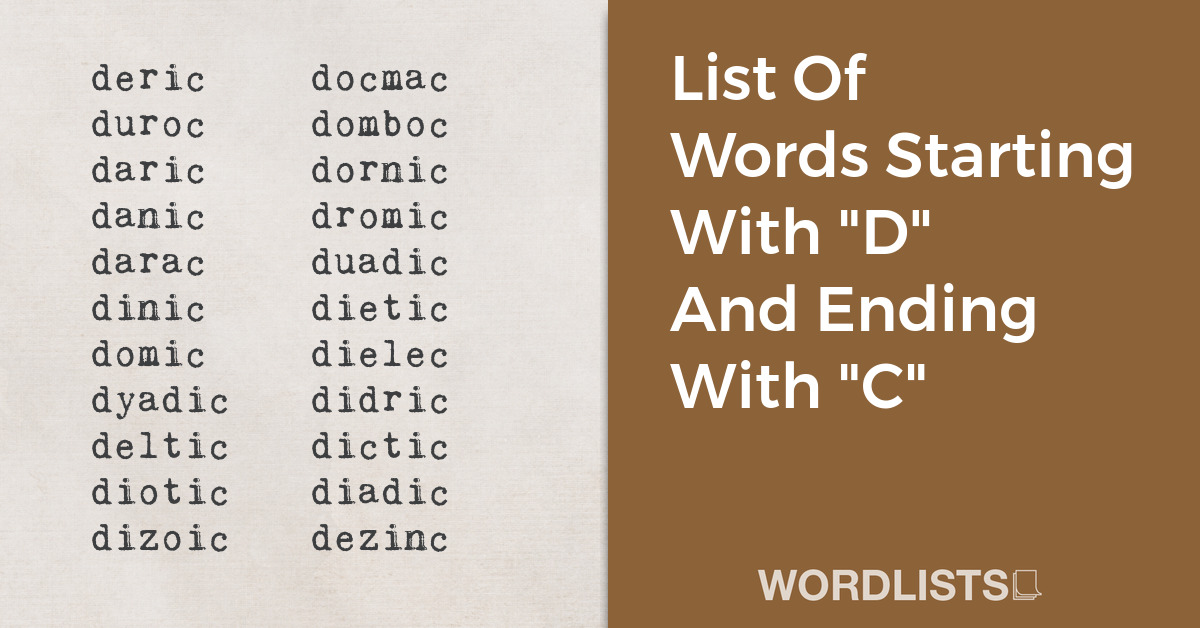Cleaning is an essential task that is part of everyday life, and as a result, it has its unique vocabulary. From the products and tools used to clean to the techniques and strategies employed to get the job done, there are countless words and terms associated with the world of cleaning.
In this list, we’ll take a look through 50 words that are commonly associated with cleaning, ranging from basic terms to more advanced concepts. Whether you’re a cleaning enthusiast or just want to learn more about this important task, you’re sure to find something interesting in this list!

Subscribe to our mailing list to receive FREE exclusive content and offers!
50 Words Associated With Cleaning Meanings
Tidy: The act of making an area or object orderly and neat.
Neat: Clean or tidy, free from dirt or mess.
Orderly: Arranged or disposed in a neat, tidy manner or in a regular sequence.
Uncluttered: Not filled or covered with unnecessary things; clear, spacious.
Dust: Fine, dry particles of matter that can accumulate on surfaces and require cleaning.
Dirt: Loose soil or earth; the ground as producing vegetation or as cultivated for its crops.
Grime: Dirt that is ingrained and difficult to remove.
Stain: A mark, spot, or discoloration that is hard to remove from a surface.
Spill: An instance of liquid or solid matter falling or spreading onto a surface, often requiring cleaning.
Soap: A substance used for washing or cleaning, typically formed from a chemical reaction between a fat or oil and an alkali.
Detergent: A water-soluble cleansing agent that combines with impurities and dirt to make them more soluble and differs from soap in being more alkaline.
Bleach: A chemical compound that is used to whiten or make things lighter, commonly used in cleaning and laundry.
Disinfectant: A chemical agent that is used to destroy bacteria and viruses on surfaces.
Scrub: The act of rubbing hard to clean something, usually with a brush.
Scour: To clean or polish by rubbing hard, often with an abrasive.
Wipe: To rub a surface with a soft or wet cloth to clean it.
Mop: A tool with absorbent material attached to a handle, used for cleaning floors.
Sweep: The act of cleaning or clearing a floor or other surface by pushing dirt or debris away with a broom.
Vacuum: The use of a machine that cleans surfaces by suctioning up dirt and dust.
Polish: To make smooth and shiny by rubbing, usually with a special substance designed for that purpose.
Shine: To make something bright by polishing it.
Launder: To wash or clean (especially clothing or linens).
Iron: To remove wrinkles from fabric using heat and pressure, typically with an iron.
Fold: To bend over or double up fabric or material so that one part lies on another part.
Hang: To place something on a hook or hanger so that it does not touch the ground.
Shelf: A flat, horizontal surface used for storage of items, often needs cleaning.
Closet: A small room or space used for storing things, often requires cleaning and organization.
Cabinet: A storage compartment with doors and shelves, often needs to be cleaned and organized.
Drawer: A box-shaped storage compartment that slides in and out of a piece of furniture, such as a chest of drawers.
Counter: A flat surface on which food is prepared in a kitchen, often needs cleaning.
Sink: A bowl-shaped fixture used for washing hands or dishes.
Bathtub: A large container for holding water in which a person may bathe.
Shower: A device for washing yourself by standing under a spray of water.
Toilet: A plumbing fixture used for defecation and urination, requires regular cleaning.
Urinal: A plumbing fixture that males use for urinating, commonly found in public restrooms.
Wastebasket: A container for trash, typically one in a kitchen or bathroom.
Trashcan: A container where rubbish is stored.
Garbage: Waste material or unwanted items that are discarded.
Recycling: The process of converting waste into reusable material.
Compost: Organic matter that has been decomposed and recycled as a fertilizer and soil amendment.
Landfill: A place where garbage is dumped and then covered with soil.
Reuse: To use something again, often in a different way or after it has been used once.
Reduce: The practice of using less in order to minimize waste.
Conserve: To use resources sparingly to avoid waste.
Bleach: A chemical often used in cleaning and laundry to remove stains, lighten colors, or disinfect.
Biodegradable: Capable of being decomposed by bacteria or other living organisms and thereby avoiding pollution.
Non-toxic: Not containing poisonous substances.
Hypoallergenic: Designed to reduce or minimize the possibility of an allergic response, as by containing relatively few or no potentially irritating substances.
Safe: Not likely to cause harm or injury.
Healthy: Conducive to good health, in this context often referring to a clean environment.







